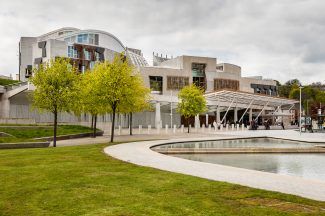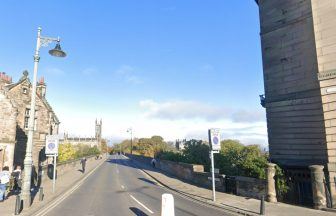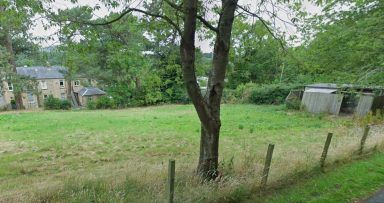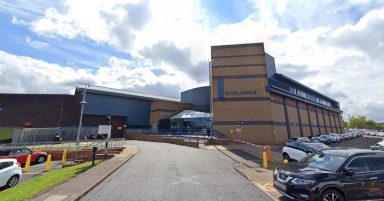A new Scottish FarmVille-like game has been launched which invites players to try their hands at managing and restoring land while avoiding the threat of a pandemic.
The game, called Restore, was developed by scientists at the University of Stirling and designed by Edinburgh-based games studio Glitchers.
The title hopes to broaden understanding of the benefits of environmental restoration and the risks of pandemics.
Players can assume the role of an agriculturalist or an arborist and cultivate land according to their priorities.
They will be tasked with regenerating forests and restoring nature, or they can choose to chop down trees to make money, farm the land, and found new settlements to increase income from tax.
However, a trade-off emerges for the player, where restoring landscapes initially increases the risk of a pandemic, while fully restored landscapes buffer against disease risks.
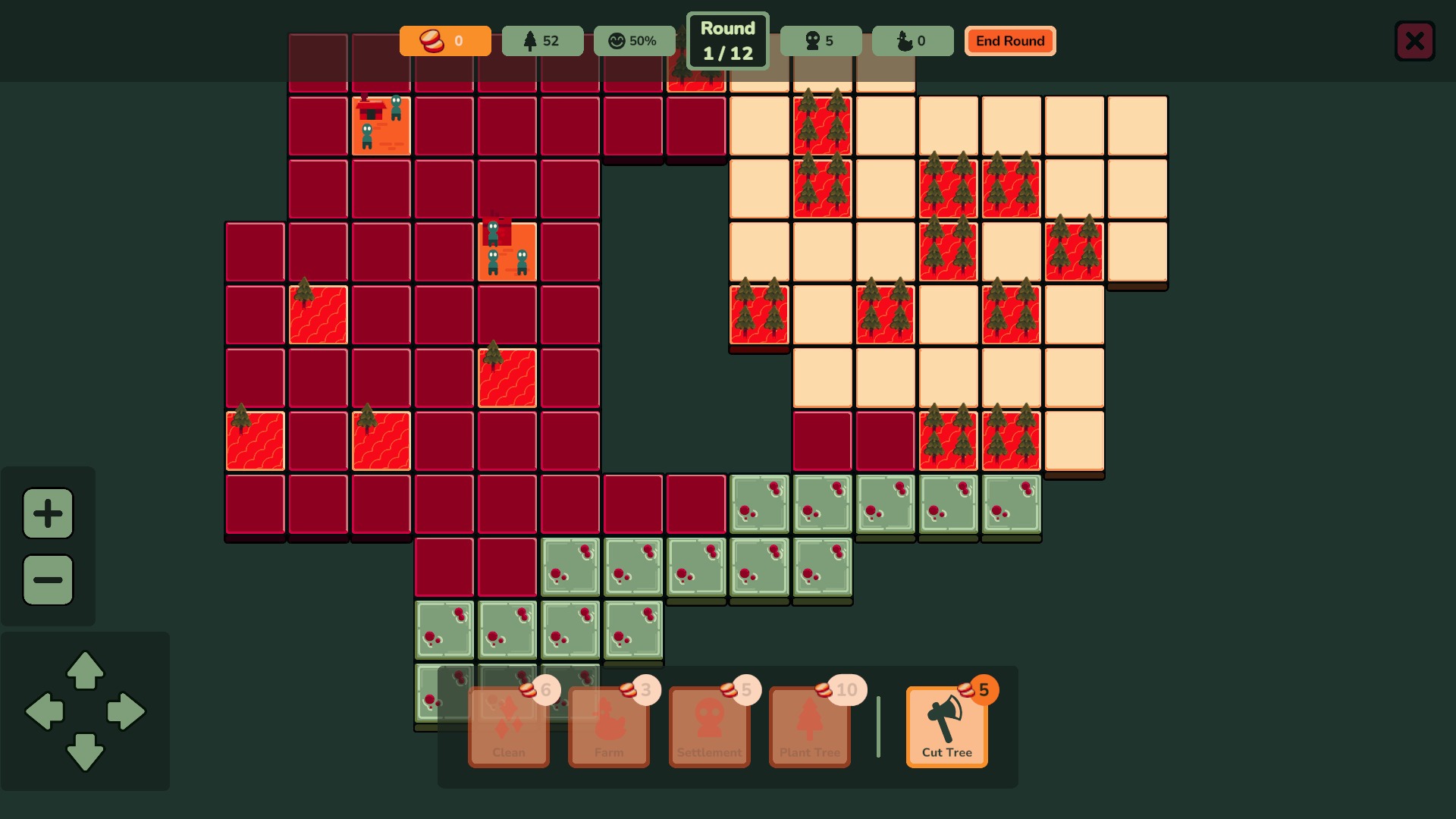 University of Stirling
University of Stirling“The game will give users the chance to shape the world they want to create, but the ecosystem is delicate, and every decision has ripple effects, much like in real-world ecosystems,” explains Maxwell Scott-Slade, game director at Glitchers.
“Users must look out for unexpected consequences in this simplified environmental scenario, such as disease, which can lead to a cull of livestock.”
Restore was created as part of a wider initiative Restoring Ecosystems to Stop the Threat of (Re-) Emerging Infectious Diseases (RESTOREID), a project dedicated to exploring the links between nature restoration, biodiversity, and disease prevention.
By using advanced research methods, the project aims to understand how restoring ecosystems can help reduce disease risks for both humans and animals.
RESTOREID’s findings will contribute to shaping policies and practical guidelines for creating healthier landscapes and safer coexistence.
The project is part of a 16-partner European-funded research programme set up to investigate how restoration may impact disease spillover risk, but also enable local communities to take part in restoration and set their own restoration priorities.
Anonymised decision-making by game players will generate data to be used in RESTOREID’s research efforts.
Dr Brad Duthie, lecturer in Environmental Modelling at the University of Stirling, said: “Restore applies ecological knowledge to in-game simulated environments, within which player decisions are made on landscape restoration under different scenarios.
“As well as being fun to play, the game educates players on restoration while giving us a better understanding of the factors driving the restoration process.
“Data generated by the game, which are anonymised during collection, will allow us to learn about how people prioritise different decisions in restoration.”
Follow STV News on WhatsApp
Scan the QR code on your mobile device for all the latest news from around the country


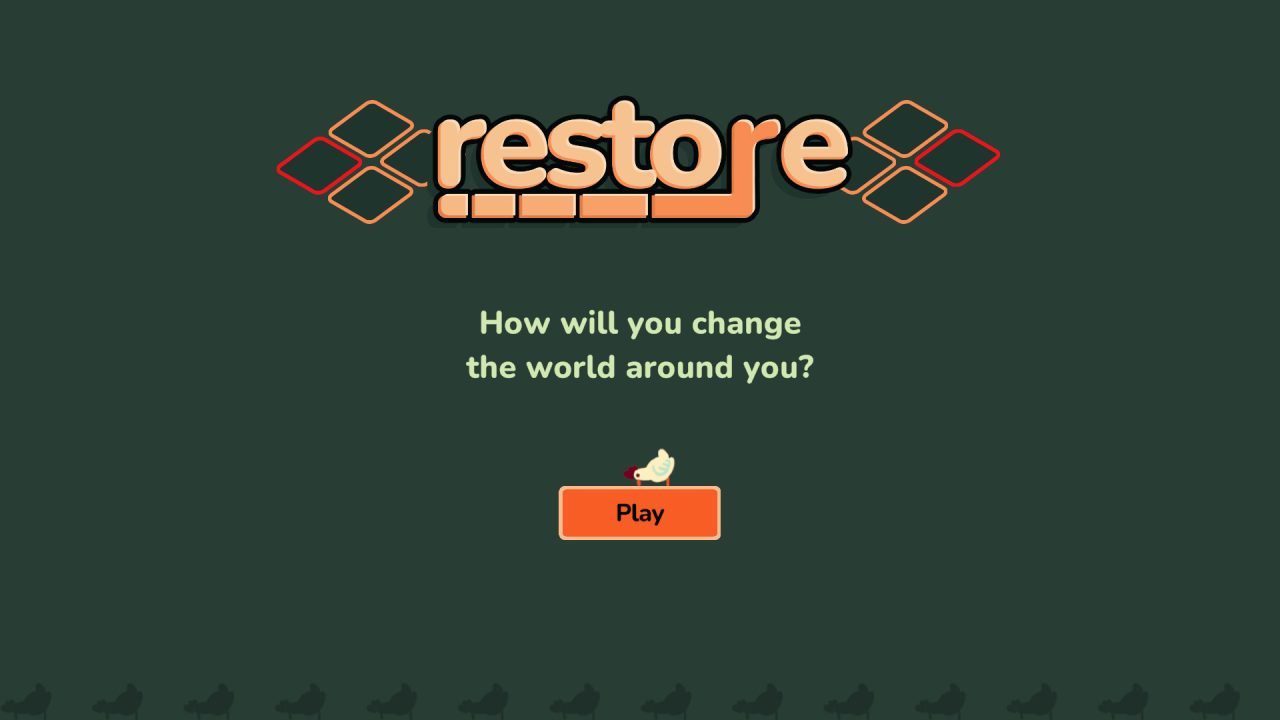 University of Stirling
University of Stirling







